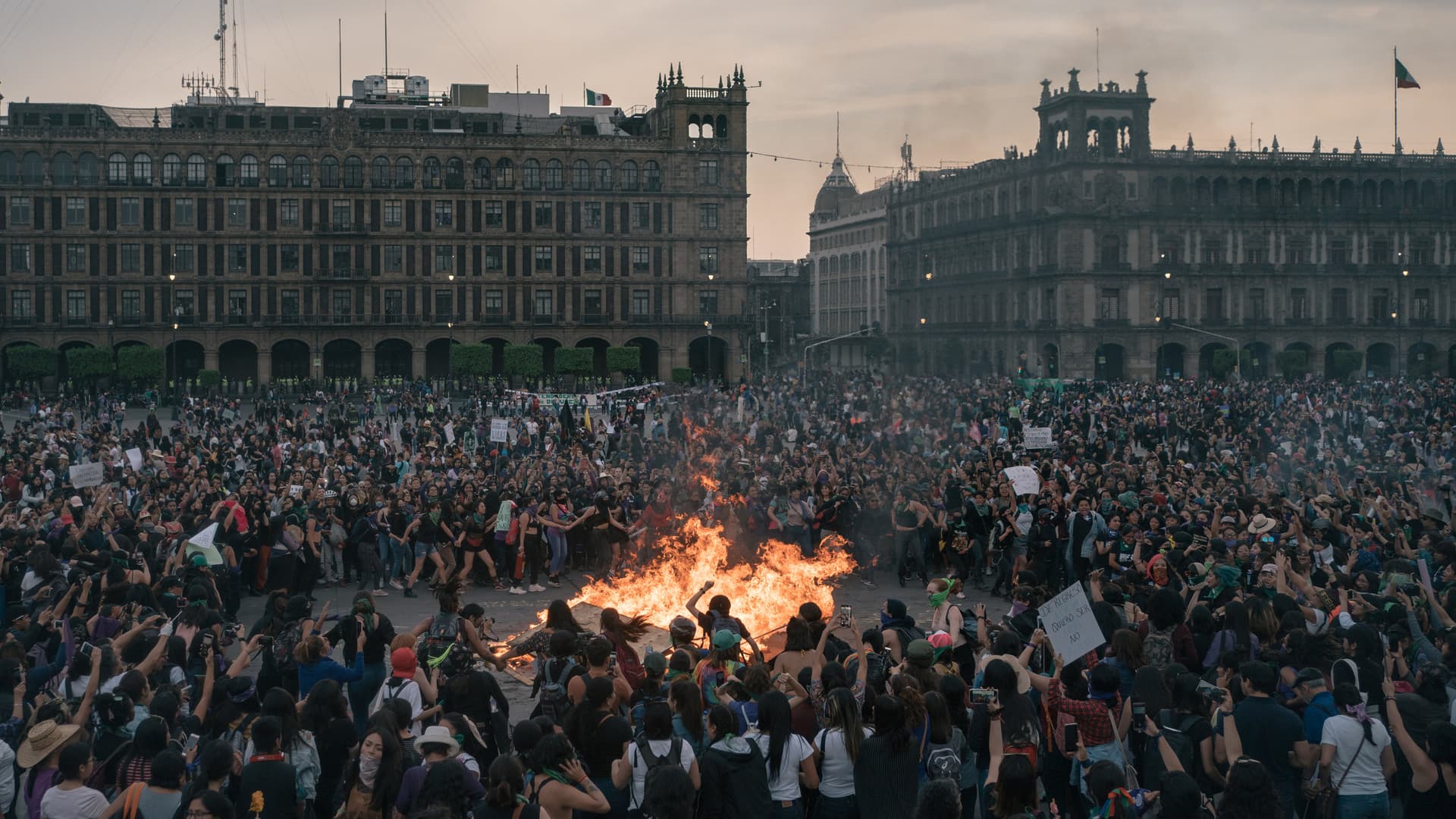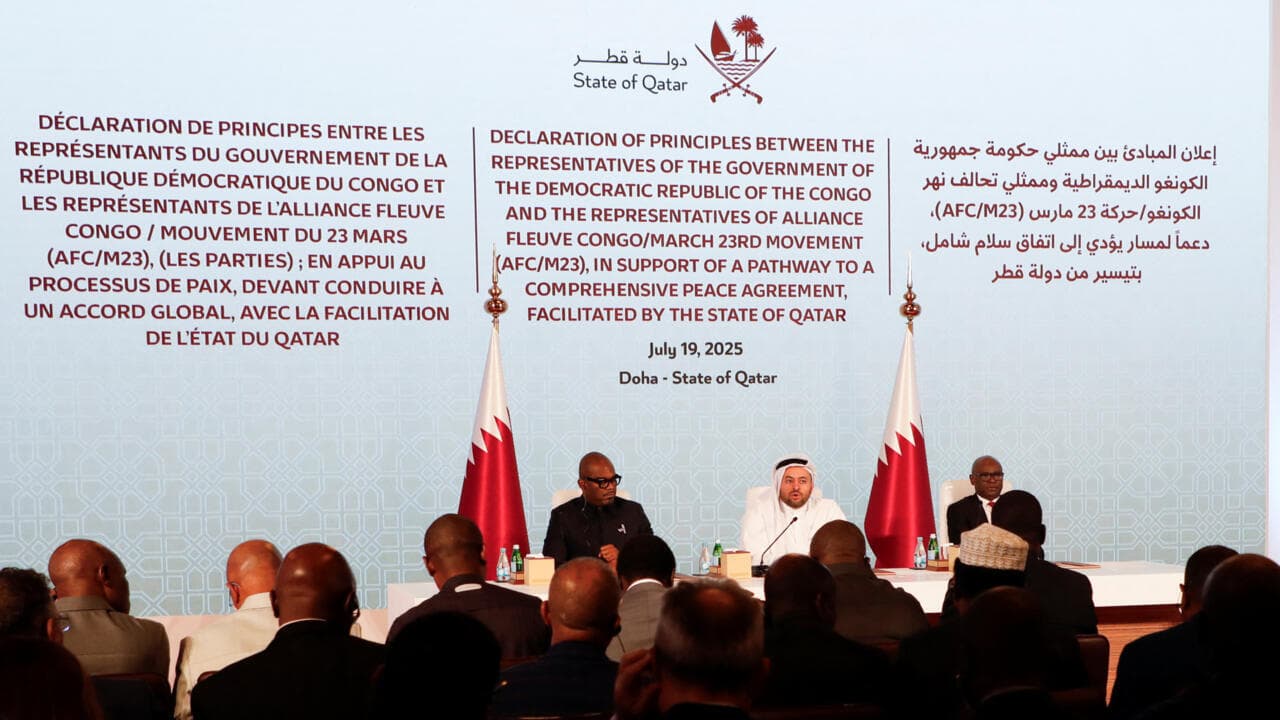Generational Uproar in Mexico, Protests Target Corruption and Violence
Young people and older demonstrators filled Mexico City’s central plaza on Saturday, driven by outrage after a high profile assassination and long simmering grievances over corruption and violence. The clashes with police and accusations that prominent figures helped orchestrate unrest underscore growing political volatility and the fragility of public trust in institutions.
Listen to Article
Click play to generate audio

Protesters from Mexico’s Gen Z cohort joined older demonstrators in a large, tense gathering at the Zócalo in Mexico City on Saturday, channeling anger sparked by a recent high profile assassination and by persistent perceptions of corruption and insecurity. Officials reported clashes between police and demonstrators in the capital’s central square as crowds sought to voice their demands for accountability and an end to entrenched violence.
Participants at the demonstration pointed to broad systemic problems that surveys have identified as central to voters concerns, namely corruption and public security. Those grievances have repeatedly reemerged in Mexican politics, but the combination of youthful mobilization and a catalytic act of political violence has intensified public scrutiny of the government response and the capacity of institutions to deliver justice.
Authorities accused Mr. Salinas Pliego of orchestrating the protests, an allegation that adds a fraught political dimension to the demonstrations. The accusation against a prominent figure reflects how quickly street unrest can become entangled with elite rivalries and legal controversies, complicating the government’s effort to distinguish between legitimate civic expression and politically motivated agitation.
The confrontation in the Zócalo came amid growing unease about policing tactics and the balance between maintaining public order and respecting protesters rights. International human rights observers have increasingly pressed for proportional and transparent law enforcement responses in Mexico, and the images of clashes in the heart of the capital are likely to renew scrutiny from foreign governments and rights organizations. For many citizens, the spectacle of forceful policing compounds longer term frustrations over impunity for violent crimes and perceived protection of those with political or economic power.
The prominence of Gen Z in the protests signals a generational shift in public engagement. Younger demonstrators brought new modes of protest and a heightened willingness to challenge established political practices. Their presence alongside older activists created a cross generational coalition that is harder for officials to dismiss as a fringe movement. That coalition, if sustained, could reshape civic debate and influence the political calendar, forcing parties and policymakers to address security and anti corruption measures more substantively.
Beyond domestic politics, the unrest carries international implications. Mexico’s stability is closely watched by trading partners and investors, and perceptions of escalating violence and political polarization can affect economic confidence and diplomatic relations. The United States and other regional actors monitor developments both for migration ramifications and for broader concerns about rule of law in a key hemisphere partner.
As demonstrations continue to roil the capital, the central challenge for Mexican authorities will be to respond in ways that restore public confidence. That will require transparent investigations into the assassination that ignited the protests, accountability for abuses, and credible measures to tackle the corruption and violence that have fueled discontent. Absent a clear strategy to address those root causes, episodic outbreaks of unrest are likely to recur, deepening social divisions and testing Mexico’s democratic institutions.


